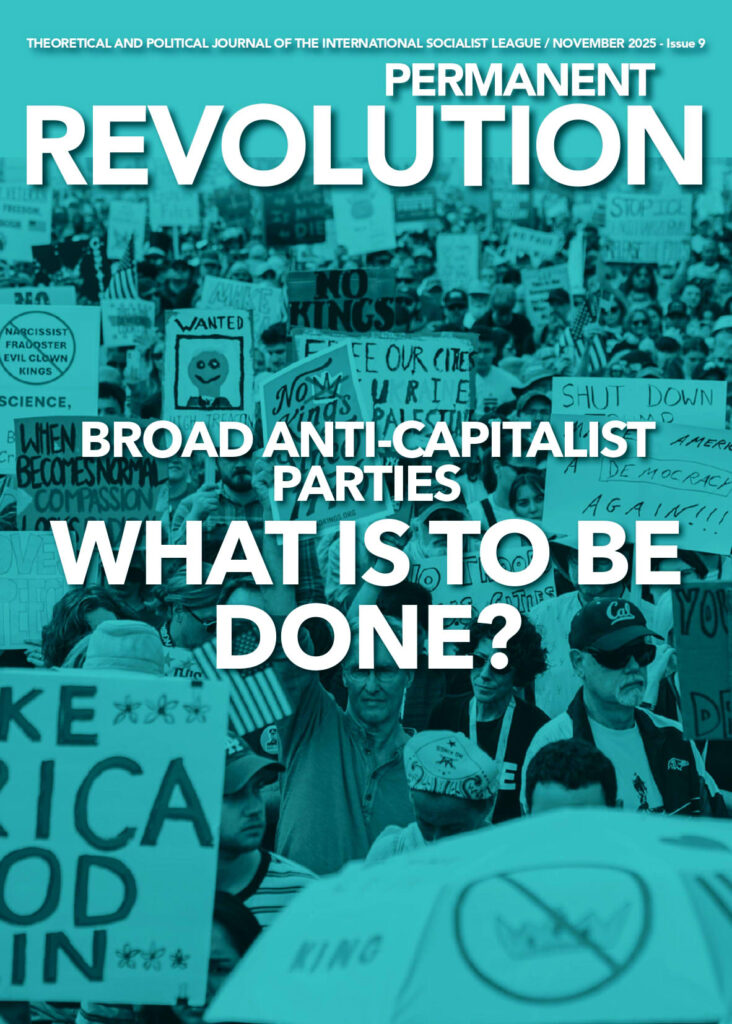Measured annually, Turkey’s economy has contracted for the past three quarters. No one trusts TurkStat data anymore, but we can refer to TurkStat data considering that the real situation is worse than as the real situation. Industry decreased by 2.7%, investment shrank by 22.8% and construction 12.7%. These numbers are disaster for the economy. The rates show that production capacity is decreasing. Turkey quickly fell behind its productive capacity, quality and efficiency of the economy .So, Turkey’s rate of economic growth is also shrinking in the long term.
Structural crisis of Turkey’s economy, the debt-driven growth strategy shows came to a deadlock. Without liquidation of zombie companies and the debts, an exit from the crisis is impossible. However, since it is not possible for the AKP to tolerate this painful bill in terms of politics, these debts are carried on somehow. This strengthens the tendency of the crisis process to spread over time.
RTE’s only strategy is to revive growth rate by lowering interest rates. However, while there are enormous amount of bankrupted companies , private banks, which cannot afford the danger of new bankrupts, do not want giving new credits. Although AKP is pushing the limits with public banks, it is not even possible to save the day with credits. While private companies are in a bottleneck and the purchasing power of the people is dramatically decreasing, despite the cheapening credits it is not possible to increase the demand and investment in the market.
In other words, the exit from the crisis will not be similar to the “ V shaped ” experienced in the form of a bottom hit and then a definite recovery. What is standing in front of Turkey is not a U shaped “exit” model, in which a longer bottom and a slower recovery. What we expect for Turkey is worse: It will be a L shaped“recovery” which is characterized by drastic drop in economic growth and no recover for a significant period of time.
A difficult winter is waiting for the people. As the basic law of capitalism always make laborers pay the crisis, this winter will be of laborers’. Unemployment will go beyond the current rates, and increase in the winter. The cost of living will break the laborer’s back.
Prices for natural gas have increased two times and doubled compared to last year. In other words, a family paying 400 TL bill in winter last year will pay more than 600 TL for the same amount of gas this year. How much did the wages increase? Nothing! In this case how can minimum wage, the pensioners, students, low-paids heat their houses? Strangely enough, the price of natural gas has decreased all over the world while in Turkey its price doubled. The reason behind is the fact that the public budget deterioration. No money left in the state budget, i.e. in the pocket of AKP. Public spending will necessarily be reduced; taxes, penalties and hikes will increase. The budget deficit hits a dramatic level and the only option of the AKP is borrowing. However, borrowing will accelerate the collapse of public finance.
Erdoğan’s only strategy is to revive growth by lowering interest rates. This raises the possibility of a new foreign exchange shock. Under the pressure of Erdoğan, the Central Bank is expected to cut the interest rates again in the next period. If a new jump in foreign exchange takes place, inevitably, there will be political and social consequences of it.
Increase in electricity and transportation means increase in products in the market. Sugar, tea, cigarettes, taxes, penalties … Rise of the prices in all daily consumed products already started. In the autumn, this will get more severe. Because tourism abundance will end and money will be withdrawn, unemployment will increase, prices of agricultural products will be rampant…
Laborers will have difficulty in accessing food and will have difficulties in heating the homes this winter will be more expensive. The burden of the poor, workers and the unemployed will be heavier than ever. And there are millions of unemployed graduate young people who have expectations of a good future.
We don’t doubt that objective conditions for a social explosion of laborers are maturing in Turkey. What we are talking about is a revolt that will led by young workers for bread, job and future. Political tensions around culture, identity, ethnic and sectarian polarizations have long been a pacificatory effect on class conflicts. But no one should be surprised if we see the days when the genie is out of the bottle as the economic situation gets worse. The system in Turkey is in an economic and political deadlock. The issue is the strengthening of the socialist alternative and its abilities to and be prepared for these possibilities and influence the class struggle. In short, as revolutionaries, we are racing against time.




